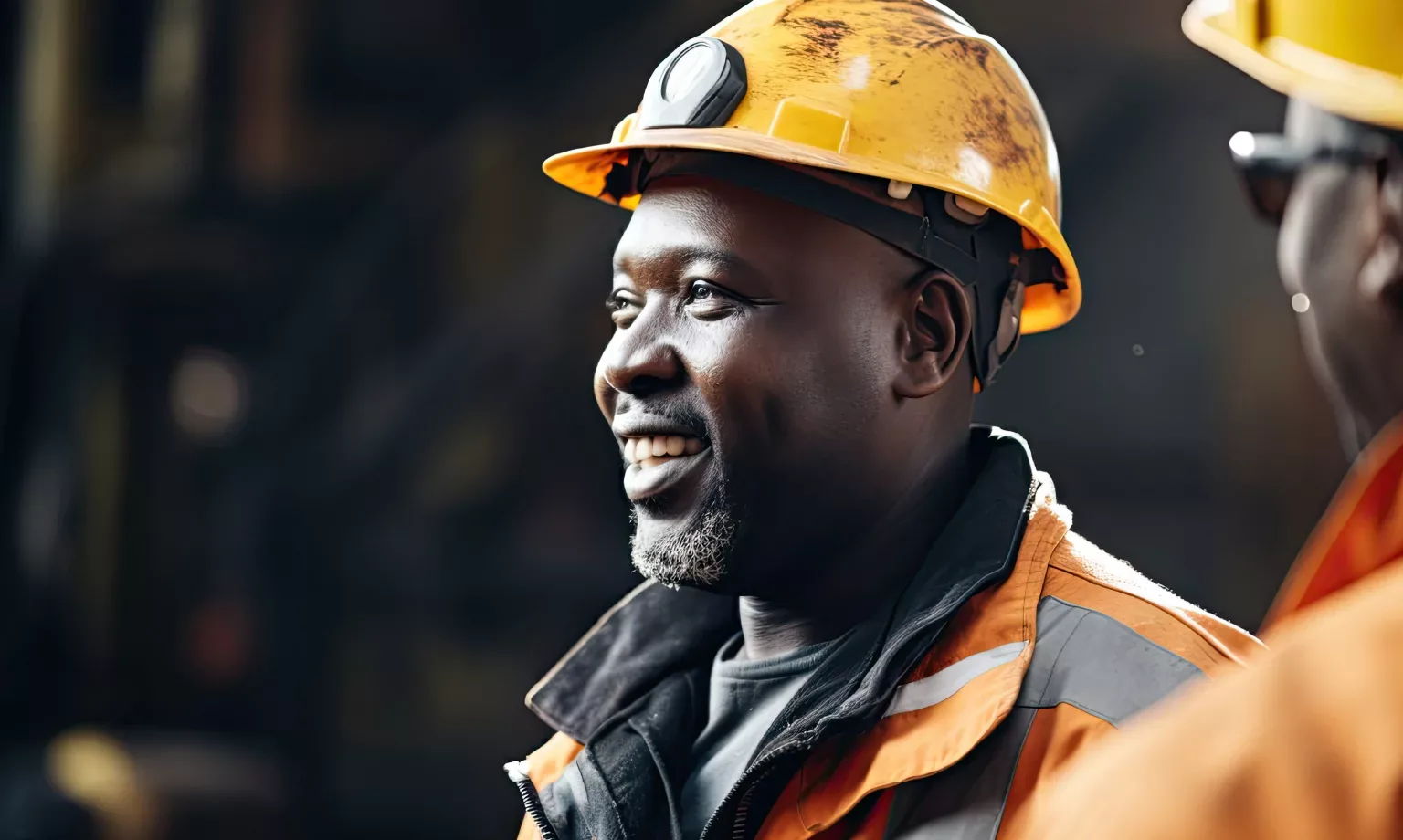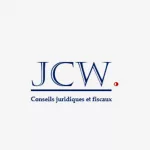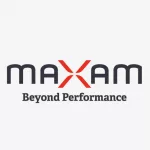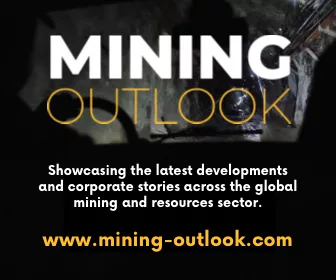Mining companies recognise the vast opportunities of Ivory Coast’s natural resources. As the economic powerhouse of Western Africa, the country is embracing its new-found potential.
IVORIAN MINING INDUSTRY SPOTLIGHT
Geologically blessed by Archaean and Paleoproterozoic terrains, the coastal regions of Ivory Coast are largely covered by a Mezozoic-Cenozoic sedimentary basin, with the rest of the country underlain by the Birimian Baoulé-Mossi domain.
Consequently, the country is renowned for its diverse mineral resources, which include gold, diamonds, manganese, bauxite, nickel, copper, cobalt, and iron ore.
Ivory Coast’s mining potential is exceptional, and the industry is increasing as a result. Moreover, the country is generally underexplored as it has not seen the same level of development as its neighbours. However, the number of explorations and mines under construction or in operation is increasing yearly.
As one of the 10 fastest-growing economies in the world, promoting gold and other mineral exploitation is part of the Ivorian government’s strategic plan. Mining currently accounts for five percent of the country’s GDP and is set to become the second-most significant driver of economic growth after agriculture.
Over the last decade, the Ivorian mining industry has quadrupled its gold production and increased its manganese production 24-fold. The trend is still on an upward trajectory, evidenced by the number of mining leviathans currently operating in Ivory Coast. Indeed, Allied Gold, Endeavor, Barrick, and Fortuna Silver Mines have substantial real estate positions in the country.
Gold is now a major industry, and the Tongon mine employs thousands of workers. The country is sitting on vast deposits of the precious metal, with the Yoaoure mine alone estimated to contain at least 200 tonnes of gold.
Undeniably, Ivory Coast will reap the economic benefits of mining for decades. Thanks to a stable political climate, strong overall governance, and many untapped resource sites, the forecast for the country’s burgeoning mining industry is impressive.
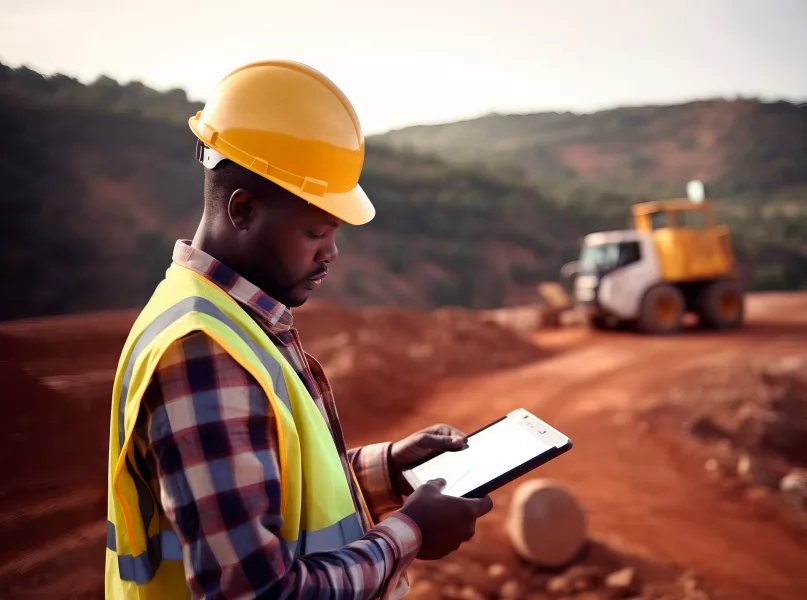
Q&A WITH JEAN-CLAUDE DIPLO, PRESIDENT, GPMCI
Striving to make mining an essential pillar of the Ivorian economy, the Professional Group of Miners of Côte d’Ivoire (GPMCI) is responsible for promoting the industry, developing the community, and rehabilitating the environment. We speak to its President, Jean-Claude Diplo, about stakeholder engagement, government regulation, and future prospects
Firstly, could you talk us through the origins of GPMCI?
Jean-Claude Diplo, President (JCD): GPMCI was established in 2011 with the primary goal of representing the mining body and advocating on behalf of the industry, which is still in its infancy.
Not only does having a voice benefit the industry, but it is also good for the government and stakeholders to align from the beginning and ensure that we learn from others’ experiences and mistakes. We set proper industry standards with regulations and legal frameworks that can provide a conducive environment for business.
“Not only does having a voice benefit the industry, but it is also good for the government and stakeholders to align from the beginning and ensure that we learn from others’ experiences and mistakes”
Jean-Claude Diplo, President, Professional Group of Miners of Côte d’Ivoire
What do you find most exciting and challenging about the mining industry in Ivory Coast?
JCD: As a new country entering the industry, mining was volatile a decade ago. Everybody was looking at the Western Africa platform, which was becoming the new Californian gold rush industry, so we saw an influx of cash coming into the country for exploration.
It was critical during that time to set up appropriate rules and ensure that we captured and attracted real investment. Thus, we could suitably launch the industry and unlock its potential. From this perspective, it was an exciting time, but not without its challenges. When I recall 2010 and the subsequent years, it was a period of sociopolitical upheaval in Ivory Coast. The country experienced a post-electoral crisis, and mining companies could not access the northern region.
It was necessary to cultivate a relationship with the government to facilitate mining operations. For example, during that tumultuous time, Randgold Resources was exploring its Tongon mine in the northern part of the country, and resources had to be moved across. Therefore, you need a smart and meaningful partnership with the government and other stakeholders, including communities and local authorities. We must be creative and imaginative to make it work while obeying industry standards and rules.
The second challenge was that Ivory Coast did not have proper mining legislation; therefore, we ran on codes established in 1994, which were set uniquely for exploration purposes. However, the industry was moving from exploration into production, so proper regulations were essential. We came together with the government, and the Mines and Money Conference in London praised our country for developing the best dialogue platform between the private and public sectors. Ivory Coast was also mentioned in the Financial Times as having the best mining codes in Africa.
Now, we’ve had the last decade to appreciate the impact of those codes as they have attracted a lot of mining investment into the country, and several mines were opened within that timeframe due to their quality.
The third challenge was building a human capital basis to endorse development and growth in the mining industry when Ivory Coast had limited mining engineers and technicians. Over the last decade, expatriates comprised 20 to 30 percent of the Ivorian mining workforce; today, it stands at around four percent, which tells you what we have achieved on this journey.
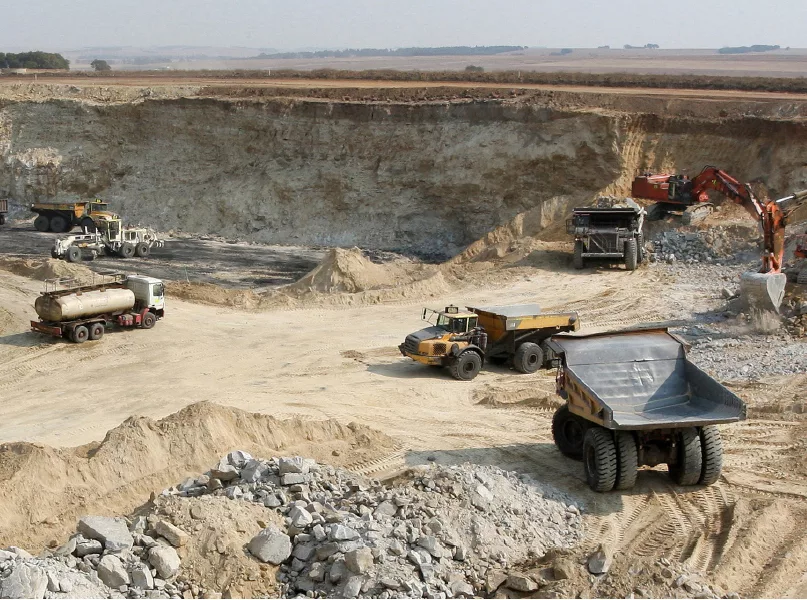
Does GPMCI have any projects or events to highlight?
JCD: As the mining industry grows, there is increased awareness among communities and other stakeholders. Therefore, there is pressure that accompanies it, namely from non-governmental organisations (NGOs) around the mining community worldwide, that forces mining companies to work with the best transparency principles. We are currently going through a new round of negotiations with the government to revise the mining codes and develop new legal frameworks.
We must assist the next generation with mining development in Ivory Coast, and this work has already started. Fortunately, the government has been listening and understanding enough to allow us to be involved in revising the mining codes and associated regulations.
The attractive tax regime we agreed with the government in 2014 has been slowly dismantled. High capital incentives are crucial, but international financial institutions have been pushing the government to impose restrictions on these incentives. We lost some fundamental items that are essential for financial models when running mining companies in Ivory Coast, but we are alerting the government that we are in danger of erasing the appeal of being the best global mining investment destination.
We have seen some issues emerge from government departments and communities; therefore, as part of revising the mining codes, we’ve agreed to set up a sizeable national constitution platform around the industry and address some of these problems with a few stakeholders. However, we will ensure that we remain on top of our game as one of the best industries in Africa in terms of balancing the interest of all key parties. We want communities to become permanent partners in our operations.
The challenge of responding to critical environmental issues, which are also of global concern, and keeping the government on board so Ivory Coast becomes the investment destination of choice are endorsed by GPMCI. We need to engage key stakeholders so they understand how we influence public opinions and perceptions of the mining industry.
Addressing the challenges that come with specific and effective mining operations is imperative. There is minimal geological knowledge of the country’s potential because there hasn’t been much investment in underground exploration to help investors make quick decisions, so we have to take on that task ourselves, but we are also trying to get the government to accept the challenge.
We have been working on extending learning platforms to develop human capabilities and skills to support the mining industry’s growth for the next generation. GPMCI is involved with many universities in Ivory Coast, and I am also working with vocational training institutions. We contribute to providing assistance and equipment, and a few people support this around the country, including the Minister of Vocational Training and the Minister of Technical Training.
Most developed countries have a geological platform with advanced knowledge of mining potential, which helps investors make quick decisions and cuts exploration costs, so that is another issue we need the government to work on. Artisan mining is affecting the industry, so there is an ongoing discussion about how we can have a smarter approach that allows for collaboration between small-scale and large-scale mining operations and how we can align regulations.
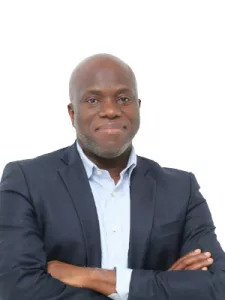
“We have been working on extending learning platforms to develop human capabilities and skills to support the mining industry’s growth for the next generation”
Jean-Claude Diplo, President, Professional Group of Miners of Côte d’Ivoire
How significant is the mining industry’s contribution to Ivory Coast’s socioeconomic development and growth?
JCD: We have been trying to assess the impact mining has on the country, and recently engaged with a firm to assist us in this. We’ve gone from contributing less than 1.5 percent to GDP to around 4.5 percent, but the goal is to reach six percent by 2030.
GDP is one way to look at the macroaggregates of the economy; we are more interested in the micro details. This is where we assess the impact of conditions on people’s lives so we can improve the mining industry. Currently, around 10 gold producing mines are operating in the country, with only a few manganese mines in operation, so we are talking about less than 15 effective operations in every region where the mining industry is ongoing.
Over the last 10 years, we have created around 20,000 jobs in Ivory Coast, accounting for significant economic growth. A decade ago, the only mining-dedicated university in the country was producing around 20 to 25 engineers per year. A few other universities dedicated to mining have now opened because of the opportunity that has developed.
How do you see Ivorian mining developing over the next five years, and are you optimistic about its future?
JCD: I am highly optimistic, going by the latest Mining Indaba conference in Cape Town earlier this year. It was a sign from the industry because it was the first time we had a mining minister dedicating all their time to the conference. Mining Indaba is the industry’s largest fair on the continent, so the government’s message was one of optimism – Ivory Coast is here to become a key player.
Looking at the geological potential, everyone will tell you that Birimian rocks cover most countries in Western Africa, so the sky is the limit for the margin to grow.
My message to the government is the more serious they are about setting up the legal framework, the more incentive we have to improve the mining industry.
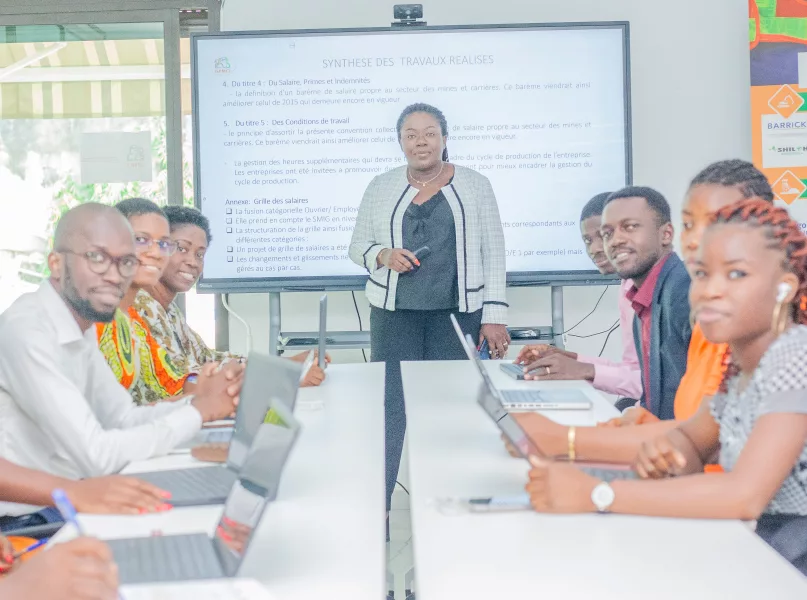
What goals and priorities does GPMCI have for the upcoming years?
JCD: We are prioritising setting up an investment fund that will belong to the workforce because we are seeing the government move away from developing local content regulations, which is becoming a trend in most countries. We are telling the government that setting up regulations doesn’t mean anything without their support, facilities, and everything that is required to effectively utilise opportunities and become a key player in the industry.
That is why we are developing these investment funds and have committed to a private consulting firm to begin the feasibility study for us. We will ensure that we create a tool to set a benchmark, as we have seen very few that belong specifically to the workforce, and enable them to become part of the investment. It could widen the mining network nationwide and allow local parties, service providers, and subcontractors to become part of the industry.
Additionally, we would like to improve the participation of women in mining, which is currently a challenge. One of the drivers of my actions during this mandate is a focus on gender. I am personally concerned about gender orientation as I am a member of the HeforShe Mines Côte d’Ivoire Association – a United Nations (UN) global solidarity movement for gender equality. We are in a position to influence laws, regulations, contracts, and working conditions for women.
Less than 10 percent of Ivory Coast’s mining industry is comprised of women, whereas they represent half of our communities. We are losing a massive opportunity as the potential of women isn’t being utilised, so my point is, why wouldn’t we bring them into the mining industry? GPMCI has a group of female employees that act as ambassadors, touring grammar schools and colleges, spreading the word to young girls, and encouraging them to embrace a career in mining.



